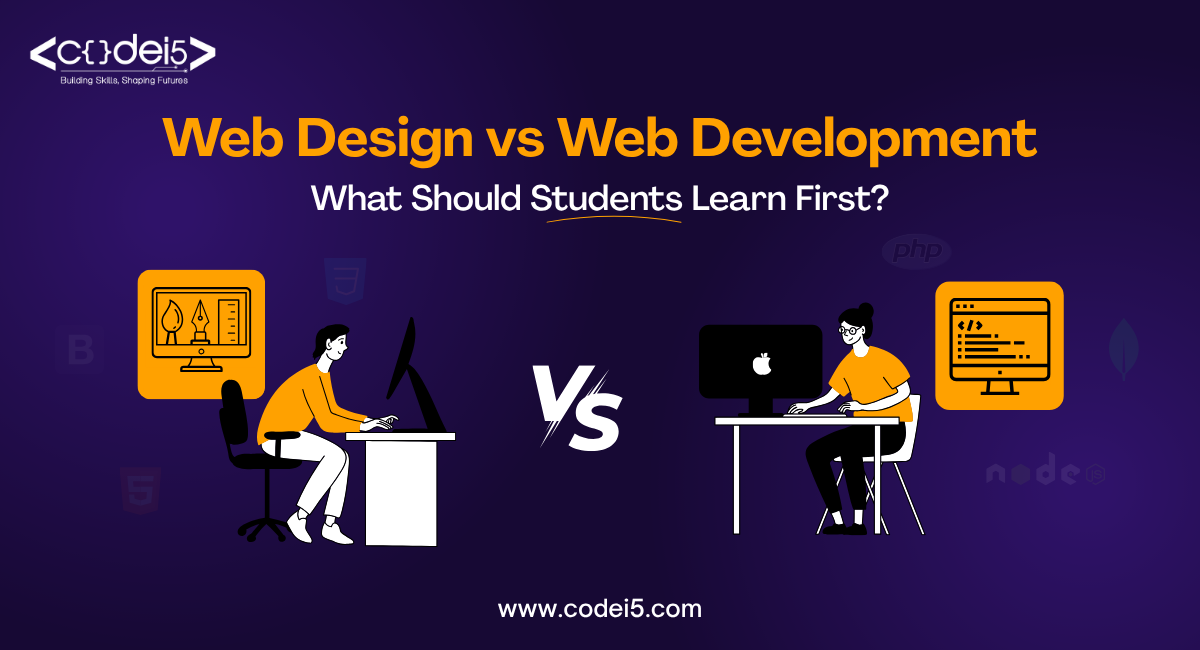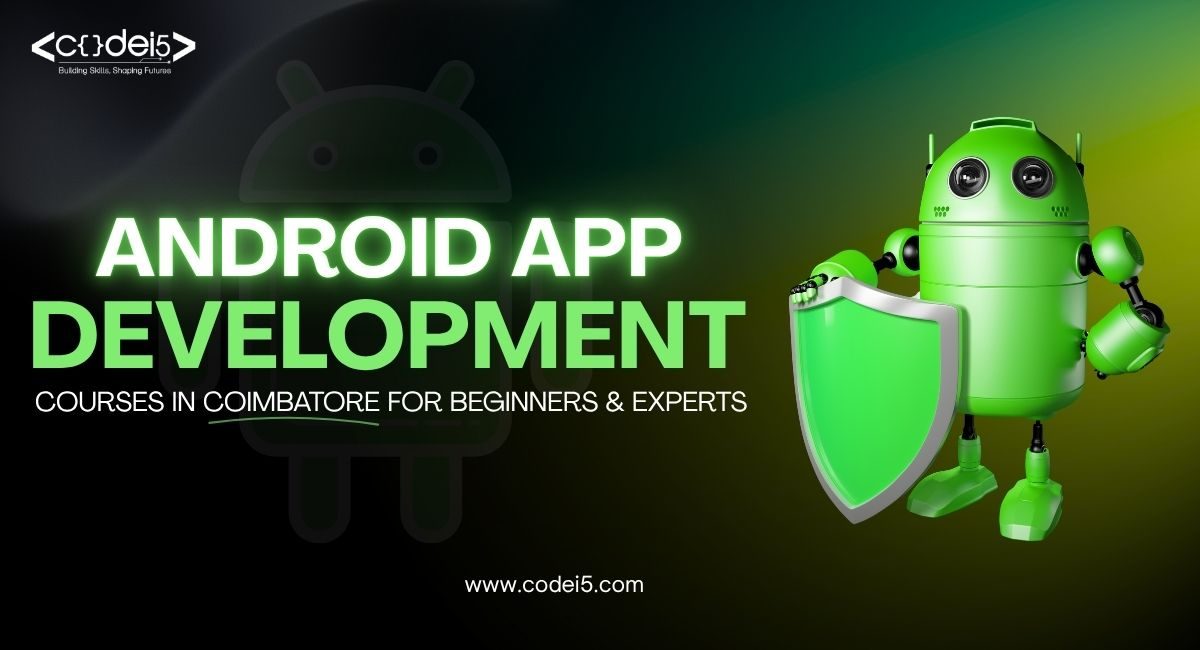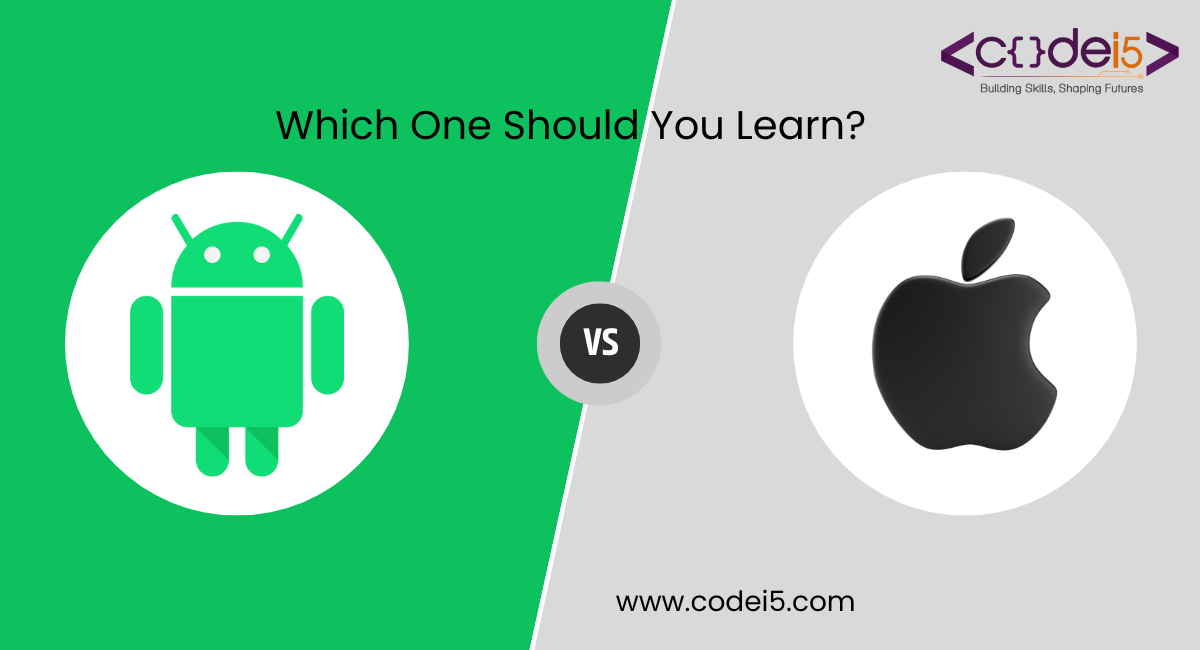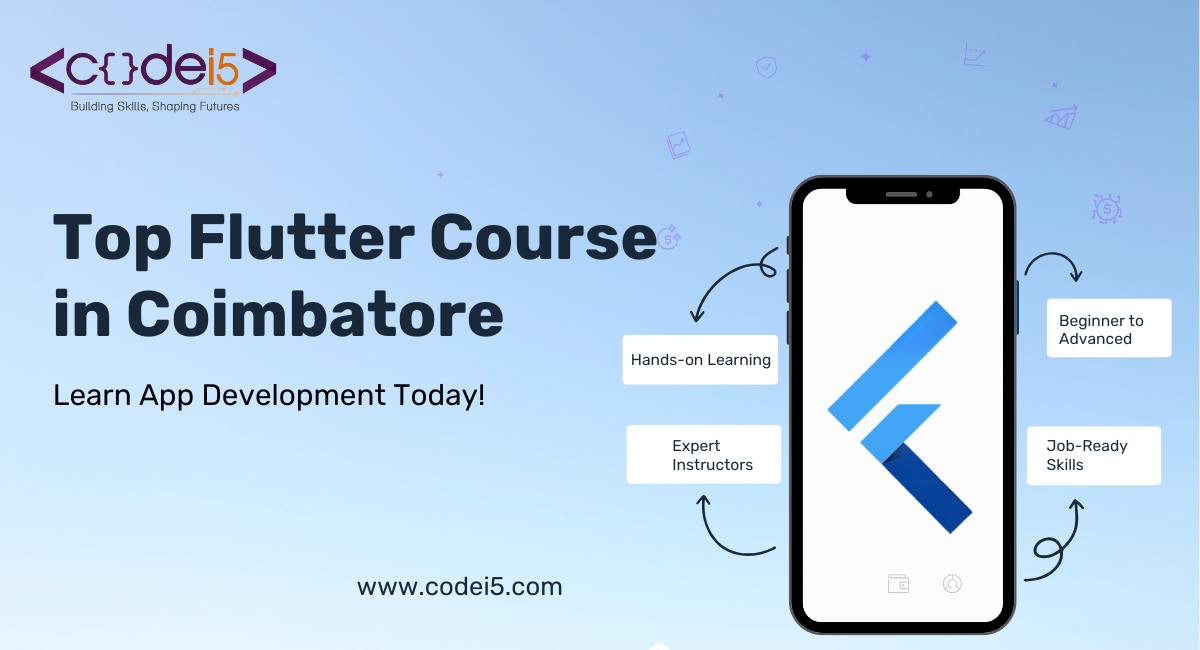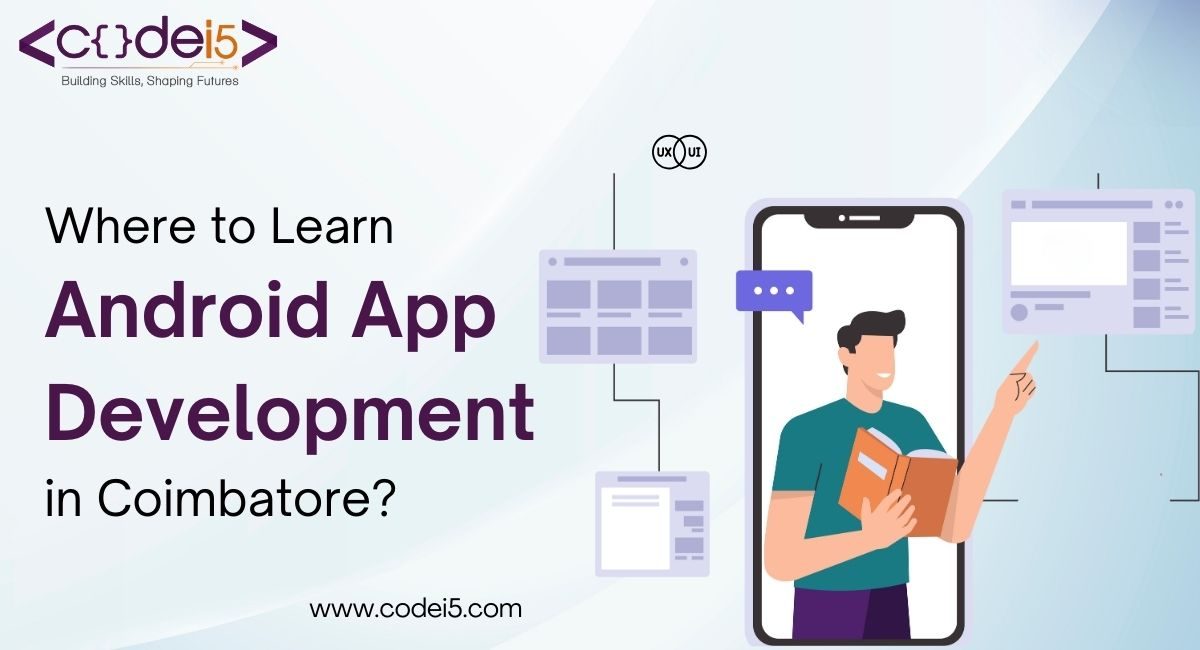Learning Path for Beginners: Step-by-Step Guide to Android Development

Welcome to the complete Android development beginner’s guide! This step-by-step learning path is intended to provide budding developers with the necessary skills and knowledge to embark on a rewarding journey of designing Android applications.
We’ll walk through the principles of Android development in this carefully crafted learning route, beginning with the basics and eventually proceeding to more sophisticated ideas. Whether you’re new to programming or switching from another language, this guide will help.
Let’s go on this exciting trip together, delving into the intriguing world of Android programming and empowering you to turn your original ideas into usable and effective mobile applications. Let’s get this party started!
Getting Started with Android:
The Android platform stands as a cornerstone in the ever-evolving landscape of mobile technology, revolutionizing the way we interact with smartphones and shaping the modern mobile app industry. Developed by Android Inc.
One of Android’s distinguishing advantages is its versatility, which allows it to support a wide range of devices, from smartphones and tablets to smartwatches, TVs, and even automobiles. This adaptability has substantially contributed to Android’s widespread adoption across multiple manufacturers, making it the most prominent mobile operating system globally.
Installing Android Studio and its associated tools is required for a smooth and effective Android app development process. To begin, obtain Android Studio from the official website and ensure that it is compatible with your operating system. Follow the instructions during installation to allow the software to install the required components and SDKs.
Introduction to Java for Android:
A solid understanding of Java principles is required for Android programming. Understanding the syntax and structure of Java, including variables, data types, loops, conditional statements, and methods, is required for proficiency. Classes, objects, inheritance, polymorphism, and encapsulation are fundamental principles in object-oriented programming in Android apps. Furthermore, understanding Java’s file I/O functionalities through classes such as FileReader, FileWriter, and BufferedReader provides smooth interaction with files and streams, allowing for efficient data handling within Android applications. A solid understanding of these Java fundamentals provides a solid platform for developers to construct intuitive, performant, and scalable Android solutions.
Variables are containers in Java that hold data values. They must be defined with a certain data type, such as int, float, double, char, or String, which determines the type of data that can be stored in the variable. Java data types define the size and kind of values that can be stored, allowing for efficient memory allocation. Java supports both simple data types such as int, double, boolean, and char, as well as complicated data types such as arrays, classes, and interfaces. Conditional statements, such as if-else, switch-case, and ternary operators, are used in Java control structures to enable conditional decision-making. Furthermore, Java includes control flow statements for exception management via try-catch blocks, ensuring error handling during program execution. Understanding variables, data types, and control structures in Java is essential for developing dependable, scalable, and efficient Android applications.
Building your first Android app:
Building your first Android app may include hands-on lessons or projects meant to introduce newcomers to app development fundamentals.
The “Hello World” app is an excellent starting point for any mobile app developer. This app entails developing a simple software that shows the text “Hello, World!” on the screen. This project shows you how to build a new project in Android Studio, design a simple user interface with XML, and launch the app on an emulator or a physical device.
This first project serves as an introduction to the tools and programming languages used in app development, allowing newcomers to grasp key ideas through hands-on experience. Beyond its relatively simple appearance, the “Hello World App” teaches essential skills, taking users through the process of setting up development environments, coding the most basic user interface elements, and running the program on a device or emulator. As a symbolic starting point, this basic project represents the beginning of an exciting journey toward understanding mobile app development frameworks and technologies.
Why Start your Android Development Journey with our Training Institute?
Codei5 is excited to offer comprehensive Android Development training, which will provide prospective developers with the skills and expertise required to survive in the fast-paced field of mobile app development. Our Android Development training curriculum has been painstakingly crafted by industry experts and seasoned professionals to provide a structured and hands-on learning experience.
Learn from industry specialists with years of Android app development expertise, assuring in-depth knowledge of the newest trends and best practices. Benefit from customized advice and mentorship, which ensures a positive learning environment and helps you overcome obstacles. Receive career counselling and advice on how to prepare for job interviews.
Join our Android Training Institute and begin your journey to becoming a skilled Android developer. Whether you’re a newbie hoping to break into the sector or an experienced professional looking to improve your skills, our Android Development training program is designed to match your specific learning requirements. With us, you can take the first step toward a successful career in mobile application development.
Conclusion:
Beginning an Android programming journey through a structured learning path is an empowering decision for beginners looking to enter the dynamic world of mobile app design. This step-by-step approach serves as an essential roadmap, providing a thorough overview of the necessary skills and tools to launch a career in Android programming. Finally, this learning path not only builds technical skills but also creates a feeling of creativity, problem-solving, and adaptability, paving the way for a successful and satisfying career in Android


